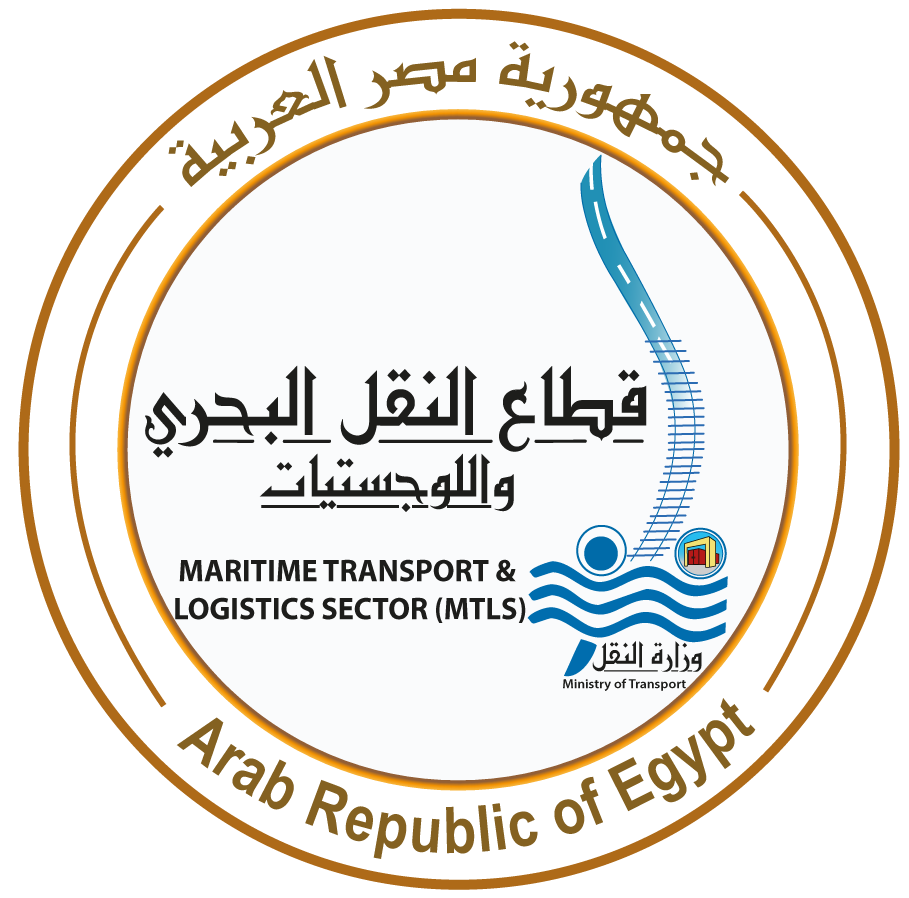| Maritime Transport & Logistics Sector (MTS) | The entity for which the Study was carried out |
|---|---|
| The Ministry of Transport, in coordination with the relevant Ministries; Ministry of Business Sector – Ministries of Trade and Industry | The agency carrying out the Study |
| 2020 | Year of Publication |
| Exploring the potentials of facilitating cargo traffic between Egypt and African countries by use of maritime transport via chartering (10) vessels of international shipping agencies. | Purpose of the Study |
Coordination took place between the Ministries of( Transport, Business Sector, Trade and Industry) , the Egyptian General Intelligence Service Agency, and the Suez Canal Authority to contemplate the formulation of a unified notion to facilitate cargo traffic between Egypt and African countries, and the results were as follows:
| Recommendations |
| Recommendations |
- Vision and mission
- Egypt’s Port Development Strategy 2030
- MTS Objectives
- Definitions
- Specializations of the Maritime Transport & Logistics Sector
- The main entities dealing with the maritime transport and logistics sector
- Achievement Reports
- Studies From 2017 to 2023
- Studying to measures to confront the international challenges facing the transportation and logistics sector
- Study of converting Egyptian commercial ports into logistical ports, “Final Report”
- Study of developing the Egyptian commercial fleet to serve Egypt’s foreign trade within the framework of Egypt’s Vision 2030
- A Study on The Extreme Conditions of Waves & Their Impact on the Design of Breakwaters
- A Study on Sedimentation Tendencies in Damietta Port
- A Study on The Environmental Impact of Establishing a New Breakwater West of Damietta Port & Raising the Efficiency and Upgrading The Eastern Breakwater of Damietta Port
- A Study on The prospects of Facilitating Cargo Traffic Between Egypt and African Countries Using Maritime Transport
- A comparative study on The Competition of East Port Said Port with Ports in the Eastern Mediterranean
- Market study for the establishment of a second container terminal in Damietta Port
